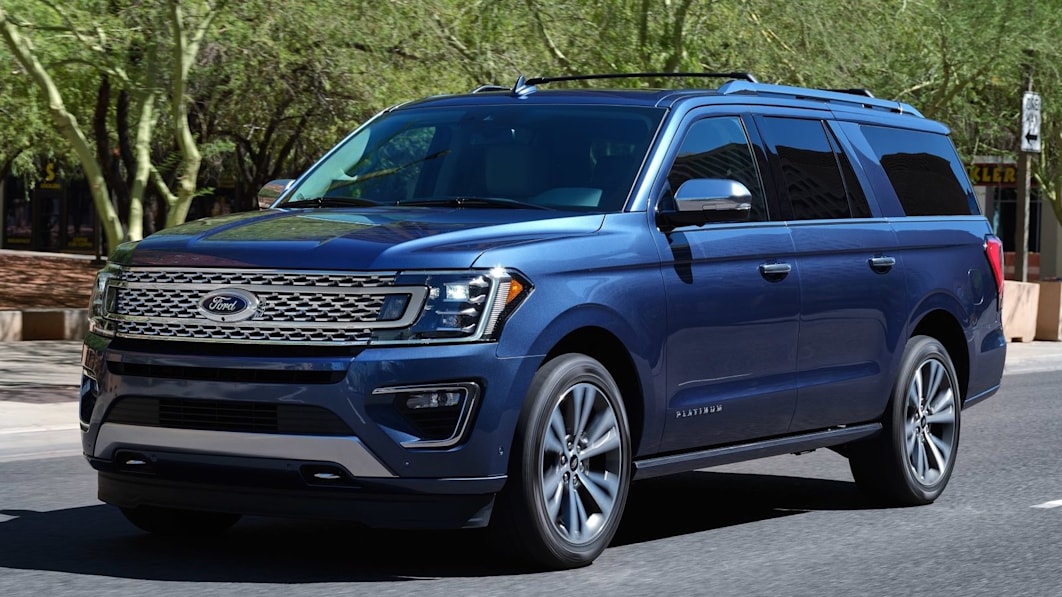Ford Expedition, Lincoln Navigator recalled for fire risk

Owners of some 2021 Ford Expedition and Lincoln Navigator SUVs are being urged to park their vehicles outdoors and away from structures until they can be taken to dealers for repairs. Ford issued a recall covering 39,000 vehicles due to engine fires under their hoods, and it’s not certain at this point what’s causing the flames to start. According to documents posted on the National Highway Safety Administration’s website, “The remedy is still under development.”
Ford says it has reports of 16 under-hood fires, with 14 of those happening in vehicles owned by car rental companies. The fires can happen even while the engine isn’t running. According to Ford, “Some customers have reported a burning smell and smoke from the front passenger engine compartment while driving.” The fires seem to be starting “in the rear of the engine compartment near the passenger side of the vehicle.”
Despite the under-hood fire risk, Ford is not at this time recommending that owners stop driving the vehicles. “We are working around the clock to determine the root cause of this issue and subsequent remedy so that customers can continue to enjoy using their vehicles,” Jeffrey Marentic, general manager of Ford passenger vehicles, said in a statement.
Ford says the fires appear to be limited to SUVs built from Dec. 1, 2020 to April 30, 2021 and says it has no fire reports from vehicles built before or after those dates.
In a separate recall, Ford is also calling in about 310,000 heavy-duty trucks because the driver’s air bag may not inflate in a crash. That recall covers certain 2016 F-250, F-350, F-450 and F-550 trucks. According to documents posted by NHTSA, dust can get into the airbag wiring in the steering wheel, which can cut electricity to necessary components. To fix the problem, dealers will replace the steering wheel’s wiring.
And in a third recall, Ford announced it is bringing in 464 Mustang Mach-E electric SUVs from 2021. A software problem in the electric vehicle can cause unintended acceleration, deceleration or a loss of drive power in all-wheel-drive vehicles. NHTSA documents say that the powertrain control computer may not detect a software error. The problem will be fixed by dealers or by an online software update.



